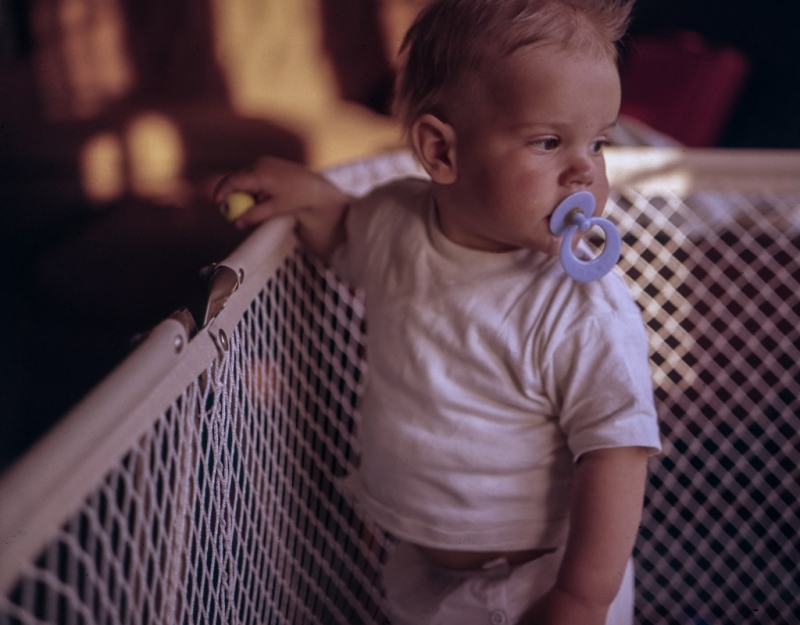How to decide if a dummy is right for your child.
To use or not to use? That is the question! When it comes to deciding on whether to give your child a dummy, the simplest question can often be the hardest to answer. The ‘dummy issue’ can divide people; there are those who believe a dummy is a rite of passage for a baby and those who think they are a complete waste of plastic!
Jo Ryan is a registered nurse with specialist experience in paediatrics. She owns and runs Baby Bliss – an advisory and support service for babies and their parents. Focusing on feeding, settling and sleeping routines for babies, Ryan has seen first-hand the effect a dummy can have on a child – both positive and negative. She admits that, “some parents have enormous guilt about giving their baby a dummy”, but knows that a dummy can be of real benefit in certain situations. At the same, Ryan believes that introducing the dummy too late or giving a baby the dummy at the wrong time can create bad habits that are very hard to break.
When are dummies useful?
Dummies can work wonders with small babies, particularly if your baby is:
- Young and unsettled – Many infants seem to have an unsettled period in the late afternoon, a dummy can help to soothe and settle at this time.
- Prone to reflux – often doctors will recommend a dummy for babies who suffer from reflux as ‘sucking’ can help to settle their tummy.
- Premature – babies who are born early may benefit from using a dummy as it helps them to develop a stronger suck for feeding.
- Difficult to put to sleep – using a dummy reduces the amount of crying a baby will do at bedtime. It can work well as a sleep cue for young babies.
When are dummies no longer useful?
An older baby who has a dummy can become very dependent on it very quickly. “Babies develop a very strong suck-to-sleep association so it’s always best to be rid of the dummy by the age of 6 months”, Ryan says. Older babies who have a dummy are more likely to:
- Wake at night – some parents report having to get up between 4 -10 times a night to replace a dummy that has fallen out of their baby’s mouth
- Struggle when it’s time to give up the dummy – the longer a child has a dummy, the harder it will be for them to stop using it.
The decision is yours
Before deciding on whether you should use a dummy or any other type of comforters for kids, it’s important to consider the age of your child, and what you hope to achieve by introducing a dummy. Used wisely, a dummy can make a real difference to your life and that of your baby’s.







Leave A Comment
You must be logged in to post a comment.